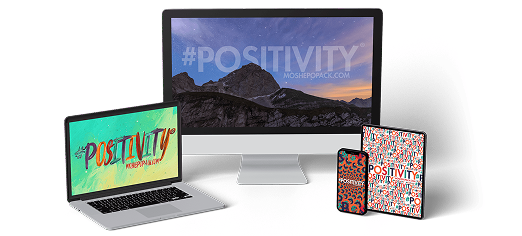Alec Torelli (@alectorelli) is among the most talented and accomplished poker players in the world. In July, he finished in 11th place out of 10,000 competitors at the annual World Series of Poker’s Main Event, taking home $700,000 in the process. While his poker acumen is off the charts, it’s the mental work he puts in that really sets him apart. He and his mindset coach concentrate their training on mental toughness, maintaining focus, evaluating risk, and staying positive no matter the circumstance. Additionally, Alec spends a few hours each day in the gym conditioning his body to remain in peak physical performance, so he can handle 12-hour days at the poker table. In this podcast episode, Alec and Moshe talk about the fundamental skills you need to be a great poker player and how those skills will translate to the rest of your life.
Two months later, how does he feel about finishing 11th at the W.S.O.P.
“There are really two emotions. The first one is trying to be grateful and appreciative and trying to live in the moment and enjoy the success. Because it is a success. Top .01 is of course a success. So, you have to live in that energy and be grateful for it, and content with it, and proud of the accomplishment. And, so, there’s definitely that feeling. … The other emotion is the frustration and the dissatisfaction of being so close to making history (it was the biggest Main Event ever) and not just making the final table – which I was two people away from doing – but actually winning, which I was 10 people away from, out of 10,000. I was so close to winning. So, there’s that bittersweet feeling.”
The emotional toll the tournament takes on you:
“There’s the intensity of the eight days. We played 13 hours a day. And so, something people don’t know is that you start at noon, and you finish at around 1:00 am., but it’s not like you go to sleep at 1:00 am because you’re at this peak state where you’re running on adrenaline. And the tournament gets progressively more important as the day goes on because you’re getting deeper into the tournament. So, your adrenaline is kicking in and you are getting more and more excited about the tournament. So, you’re at this incredibly peak state, almost like you’re leaving a concert. … You’re not sleeping that much, so the compounding of that is challenging. And the mental part of staying focused for each hand throughout those eight days is where the pregame prep comes in.”
The visualization work he did ahead of time:
“I would imagine myself being in those high-pressure moments and then seeing all the challenges I would face and then preparing for them mentally so that when I was there it was as if I had already prepared for this. I had already seen this reality transpire and I was calm. And so, it allowed me to play from this place of confidence and calm because I was like, ‘Of course this is happening, I already imagined this happening.’”
The importance of meditation:
“If you watch other great athletes, they all have a meditation process. They might not call it that and it might not seem like that but if you watch an athlete shoot a free throw they’re not just going up to the line, grabbing the ball and shooting. They’re going into a flow state where they shake out their shoulders, they’re dribbling the ball, they breathe out, and then they shoot. So, they probably practice that away from the court, where they visualize themselves shooting that shot. And so, if it’s true for athletes in a physical sport, imagine it in a mental sport like poker, how much more important it is.”
His favorite hand in the tournament:
“I had a three-way all-in on day five, where three people were all in and I had the best hand and I had them both in a very bad spot and my hand held up. I didn’t triple up because I wasn’t all in, but they were both all in, so I busted two people. And that was a big turning point for me when I went from an average stack to kind of a big stack … and also the psychology of busting two people, and they caught it on camera, and it was kind of like a moment where I realized that ‘Hey, I’m making a run at this thing.’”
What he teaches his coaching clients:
“You separate your desire, your emotion, and your ego from the outcome. You separate the quality of your decision from the outcome. And you’re able to objectively analyze whether or not you made a good decision; not based on the outcome but based on the merit of the play. You’re able to properly manage your capital to determine your risk in any given hand, whether it’s your stack or how much you’re buying into a game or how much you’re risking in a tournament. And then you’re able to stay in flow and play well and you’re able to analyze the situation with a risk-reward perspective in the right way and use the math and the analysis to make good decisions with imperfect information.”

